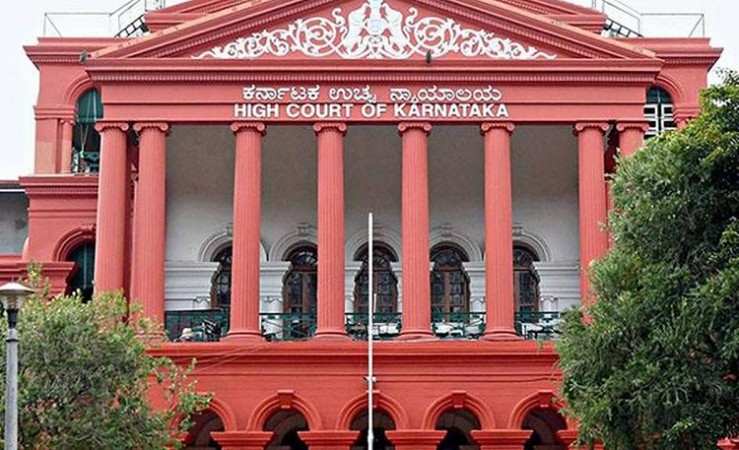
NEW DELHI: The Karnataka High Court's decision to uphold the ban on the hijab in state-run educational institutions was challenged in a number of petitions, and after 10-days of marathon hearings, the Supreme Court on Thursday reserved judgment in those cases.
After hearing the arguments from the attorneys for the state government, teachers, and the petitioners, who filed a plea with the Supreme Court contesting the decision of the High Court, a bench made up of Justices Hemant Gupta and Sudhanshu Dhulia reserved the judgement.
When delivering reply remarks on behalf of some of the petitioners, senior counsel Dushyant Dave stated that the hijab is necessary for believers but not for non-believers. In February of this year, he said, there was no need for issuing guidelines. Dave was informed by the bench that the petitioners were the ones who led the high court down the route they were remarking on.
Some of the petitioners' senior attorney Huzefa Ahmadi said that the PFI issue had not been brought up before the high court and had just been used to sow division.
The Karnataka government was represented by Solicitor General Tushar Mehta, who claimed that until the year 2021, no girl student would be wearing a hijab and that strict adherence to uniform policies was a necessary aspect of maintaining school discipline. However, a movement that was intended to spark an uprising was then initiated on social media by a group named the Popular Front of India (PFI). Mehta added that there were social media messages encouraging people to start wearing the hijab; this was not a spontaneous action, but rather a component of a broader plot, and children were following the advice.
The petitioners' attorney referenced the Karnataka government's circular and said that it makes no mention of any PFI activities, instead citing religious observance as a "hindrance" to equality and unity.
Dave claimed that the Department of Education had released rules for the 2021–2022 academic year, and that they disallowed the requirement for uniforms. Therefore, he continued, the Karnataka Government Order from February 5 could not replace these rules.
Dave said that the essential religious practise test was long ago rejected since for some people it is an essential practise, some people are more religious, some people are more tolerant, and it is an individual choice.
The Karnataka government defended its decision to forbid hijab in classrooms of pre-university colleges by telling the Supreme Court on Wednesday that there is no restriction on wearing one on the school site and just one in the classroom. The state government made a point of saying that the controversy over the hijab ban has not had any "religious aspect."
Karnataka cabinet to withdraw 35 criminal cases
Violence breaks out at K'taka Med College over misuse of social media post
NIA and ED's action against PFI in 10 states, more than 100 arrested